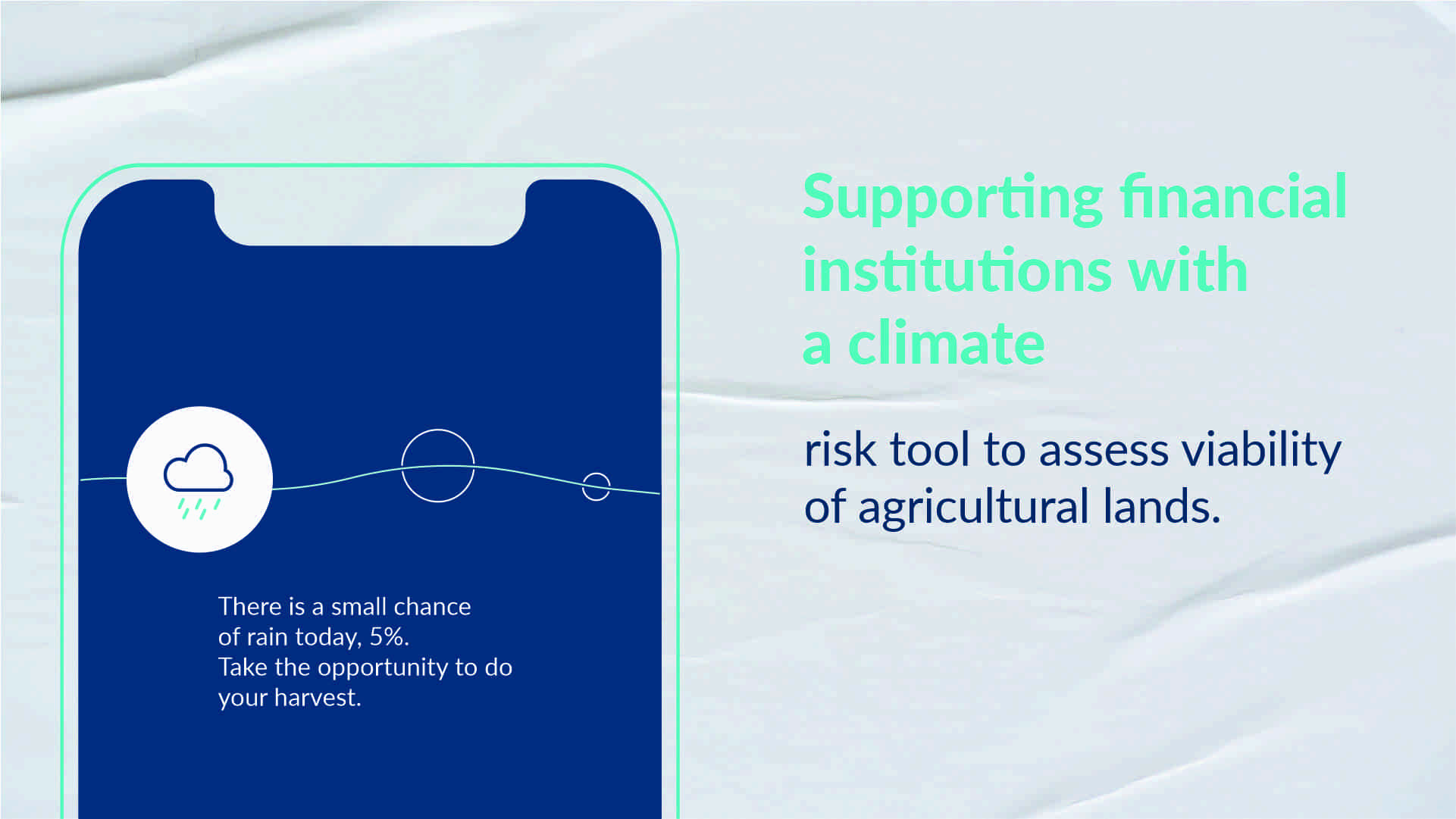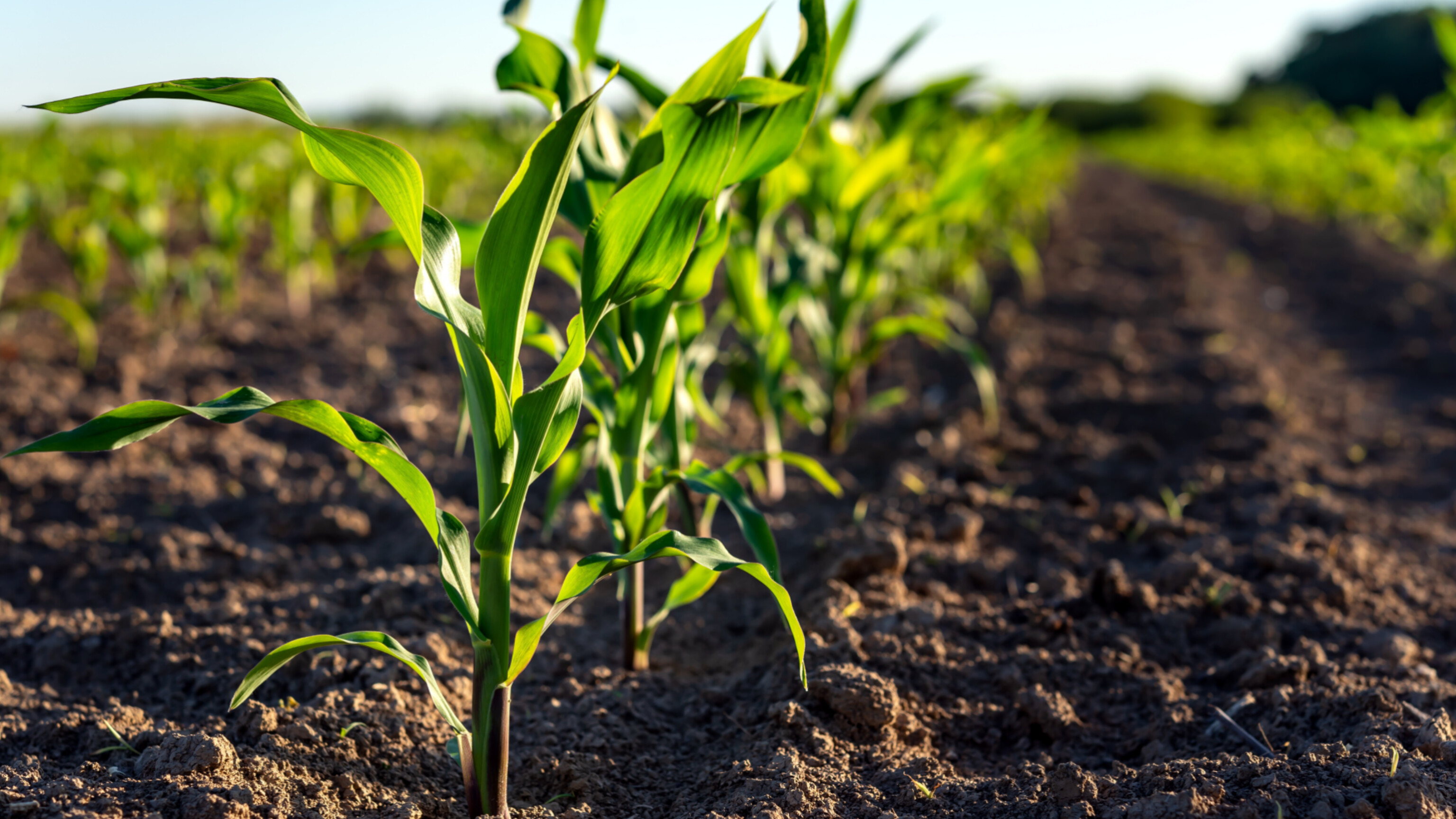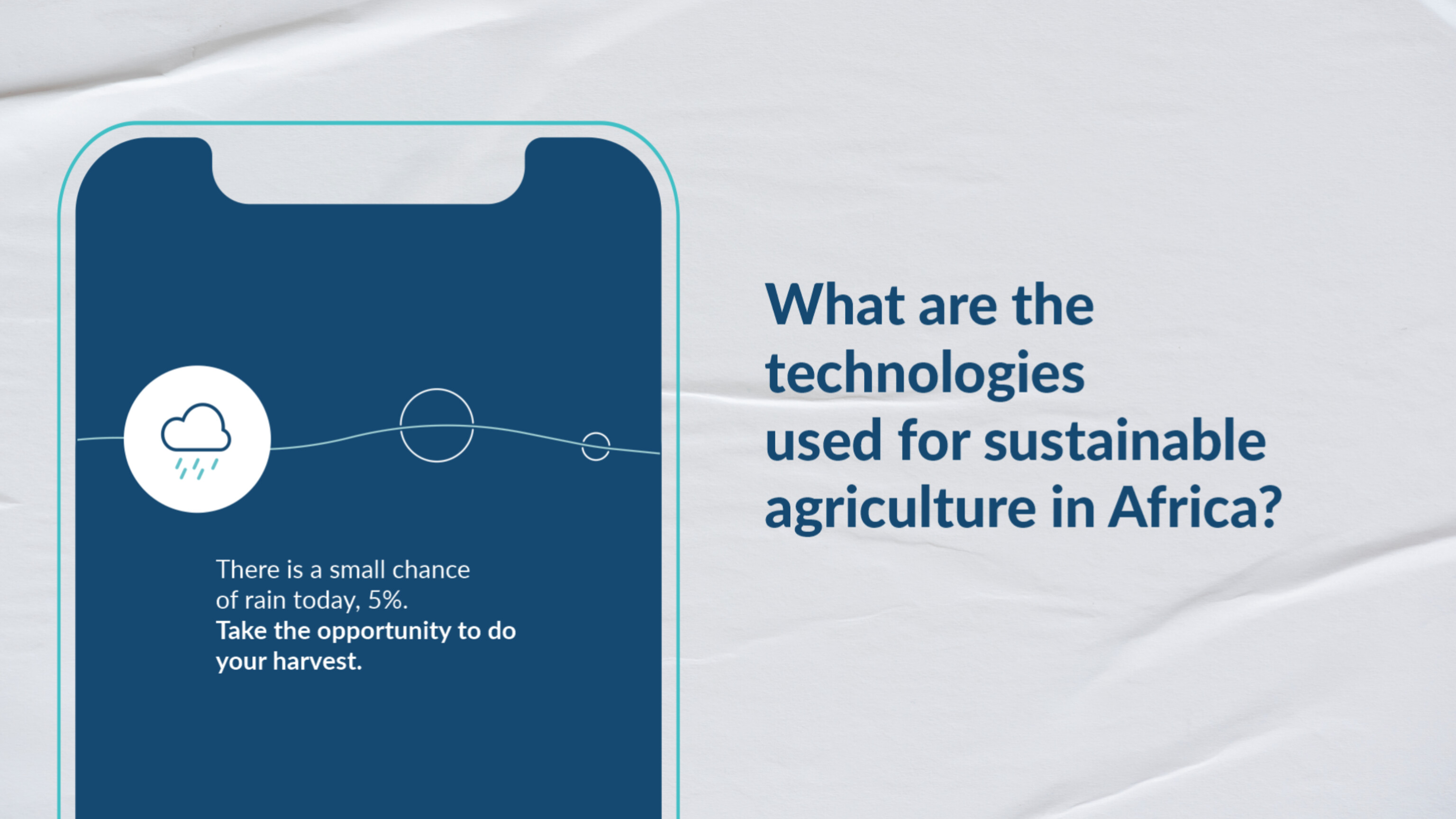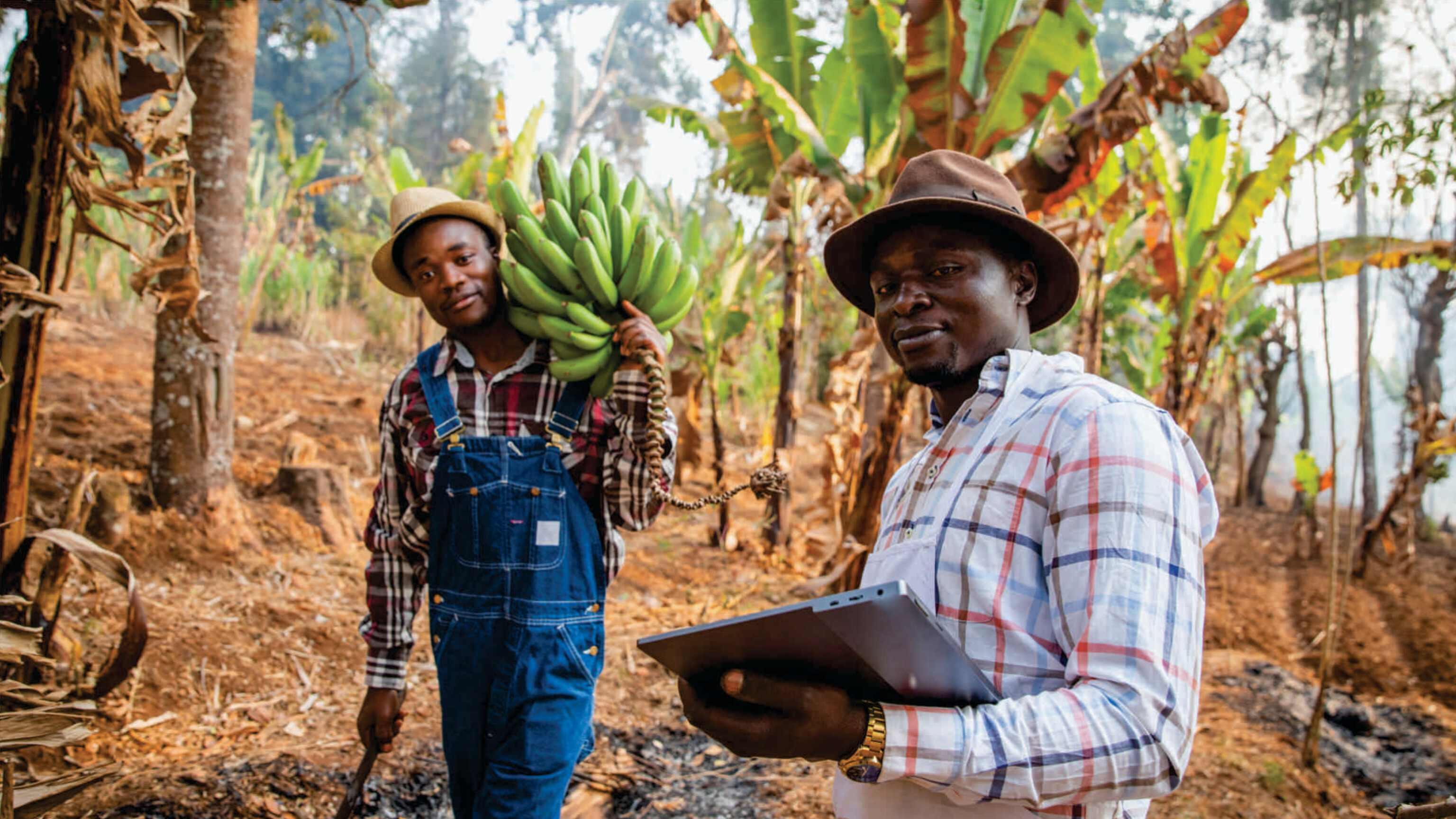Agriculture is an activity extremely vulnerable to the effects of climate change, which makes it urgent to develop adaptation strategies to face these changes, especially in tropical areas such as West Africa.
Irrigation, drought resistant seeds and more challenges to face
In West Africa, irregular rainfall results in severe and prolonged droughts and irrigation projects appear as an essential alternative to compensate for the water deficit and ensure agricultural productivity at satisfactory levels.
However, the high costs generated when the rational and intelligent use of available natural resources is not made can be an impediment to the evolution of agricultural production in these regions, reducing the competitiveness of the sector and generating negative results in the sphere of sustainability.
Just to give you an idea, today 69% of water use on a global scale is dedicated to irrigation and much of this valuable resource is wasted in tropical regions due to lack of climate predictability.
Although West African farmers are increasingly investing in drought-resistant seeds and irrigated areas, the great climate variability often causes damage and prevents them from reaching their full productive potential.
Combining Climate Intelligence and Irrigation
Climate intelligence solutions designed to understand the enormous meteorological effects of these regions, such as ignitia, combined with modern irrigation practices can be the key to turning the game around, even in the face of major transformations of the weather.
Through highly accurate forecasting, farmers, investors and companies linked to the production of grains, cereals and other crops can, for example, combat the costs and environmental impact of excessive water and energy consumption and reduce the waste caused by the unnecessary or excessive use of fertilizers, inputs and pesticides.
The hyper localized forecast provided by ignitia allows for a deep understanding of the production area, which makes it possible to understand trends and real meteorological variables in the region or property, without requiring the installation of costly weather stations or relying on generic and unreliable information.
Thus, the farmers, agribusinesses, investors, and the entire production chain can plan with reliable data on minimum and maximum temperatures, the amount of precipitation, wind speed, and deal with the high variability typical of the tropical zone more effectively.
Combining modern irrigation practices with accurate climate intelligence could be the way to positively transform the region’s productivity levels, and address the many challenges of climate change effectively and consistently.
Learn more about the ignitia climate model, designed for tropical climates, such as West Africa, or request a demonstration at the link.







